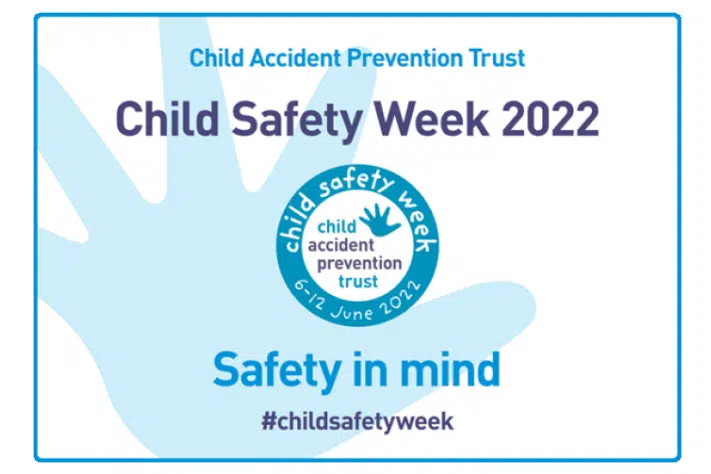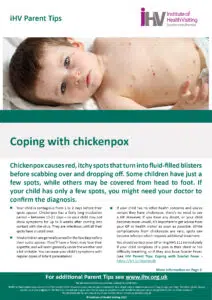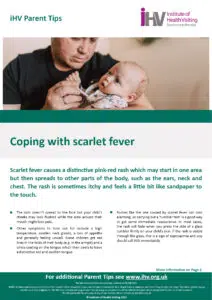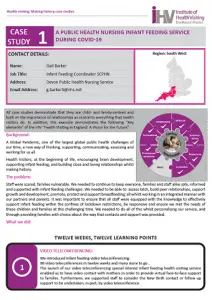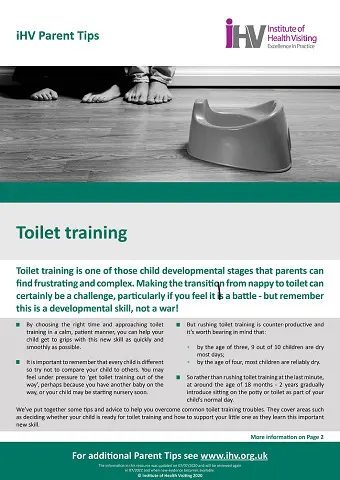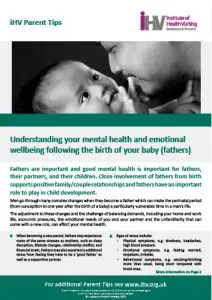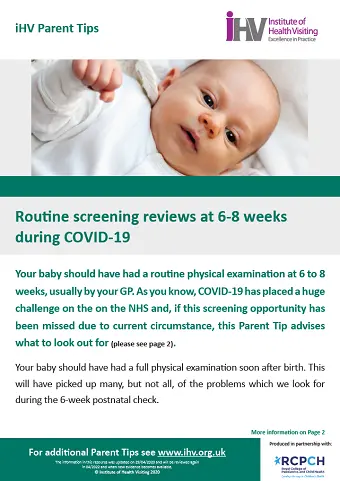Working in a pandemic has brought many challenges to both families and the health visiting service – but, unsurprisingly, the health visiting service in many areas has risen to these challenges with great professionalism, developing many innovations and workarounds to ensure that children and families receive the support that they need.
But you can’t pour from an empty cup and it is still important for health visitors to have time to reflect and learn during this pandemic which may continue for many weeks. To help you, we are pleased to publish today a bundle of five fabulous Good Practice Points, as well as hold our first virtual online iHV Member Event tomorrow (Thursday) on “COVID-19 in children and managing minor childhood illnesses”.
As a Centre of Excellence, the Institute supports the development of universally high quality health visiting practice so that health visitors can effectively respond to the health needs of all children, families and communities, enabling them to achieve their optimum level of health, thereby reducing health inequalities. To achieve our aim, we are constantly working to improve and develop benefits for our health visitor Associate and Student members, and our Friend members who work closely with health visiting services.
We know through feedback from our membership surveys that our Good Practice Points (GPPs) are the resources most valued by our members. We try to write Good Practice Points that are relevant to health visitors and where there might be gaps currently. We write GPPs with the help of authors that are experts and informative, give the evidence base and enable health visitors to be better equipped in their clinical practice.
Good Practice Points (GPPs) are available for members of the iHV; and Parent Tips (PTs) are available to parents who access our website or via health visitors sharing them – we work with parents to develop our Parent Tips.
New resources
Today, we are pleased to publish a selection of new GPPs to support our members in practice. These are:
Any new GPP/PT Topics or would you like to be involved?
We would really love to hear from you if you have any specific topics that you think would benefit from having a GPP and/ or PT created, or if you would like to write a GPP or PT, or if you would like to be involved in our peer review process. Peer reviewers look at all GPPs and PTs during our production process and we feed their comments back to the author.
Please contact [email protected] if you would like to find out more about getting involved or with your thoughts and ideas of new GPPs and PTs.
Please note that GPPs are available to iHV members only.
If you’re not a member, please join us to get access to all of our resources.
The iHV is a self-funding charity – we can only be successful in our mission to strengthen health visiting practice if the health visiting profession and its supporters join us on our journey. We rely on our membership to develop new resources for our members.
So do join us now!



